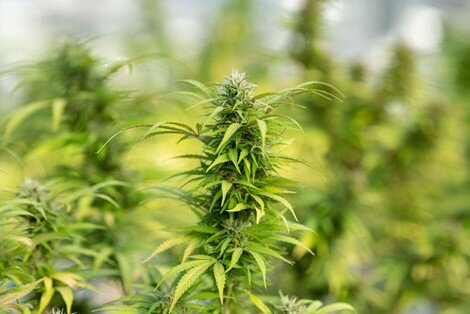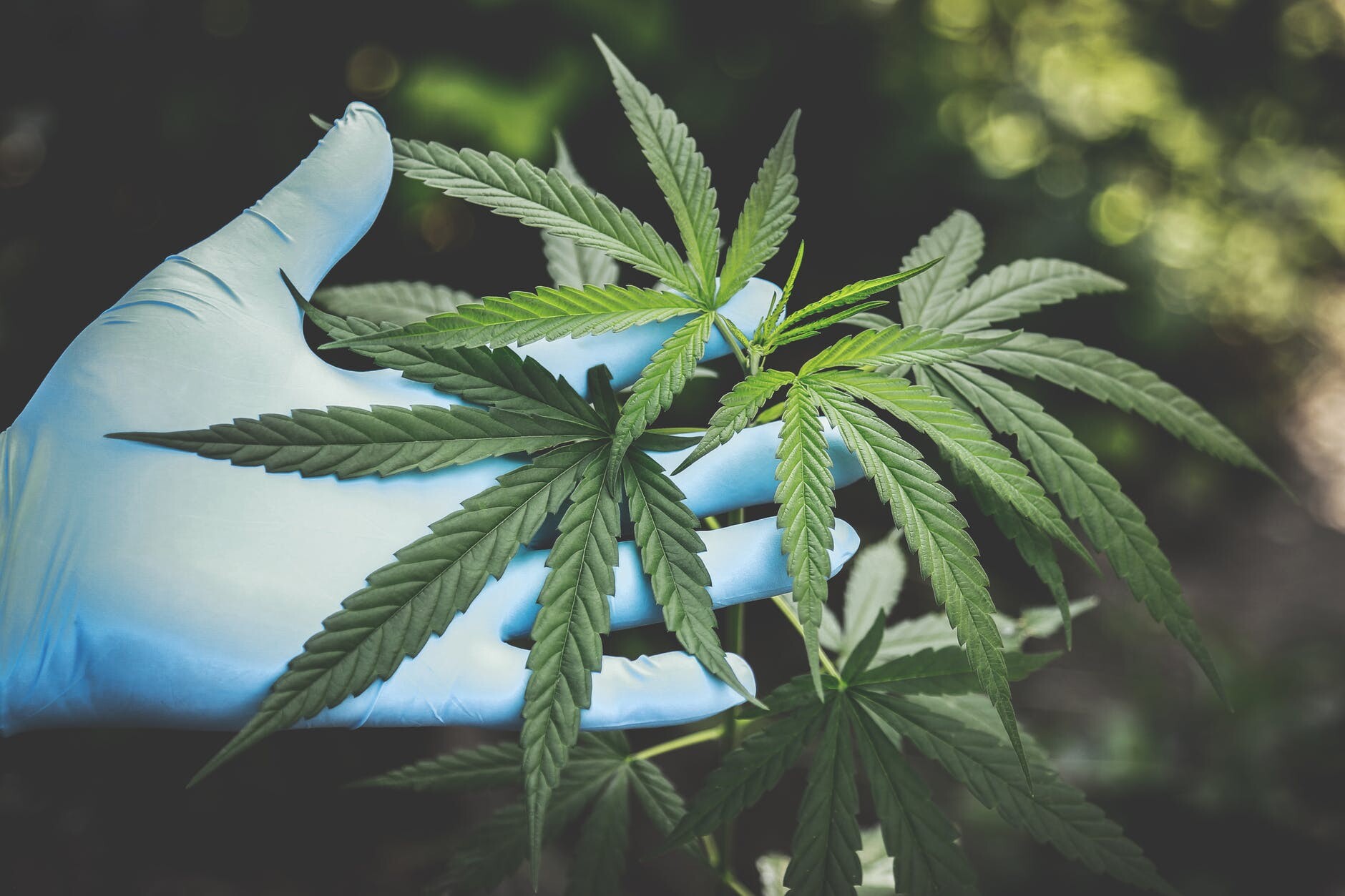In recent years, cannabis has been generating buzz in medical journalism and mass media, as more data is revealed about its natural health benefits. Ongoing research has been optimistic on ways cannabis and CBD can positively affect mental and physical health, including the body’s response to opioid withdrawal.
So far, studies have shown that cannabis products may improve our health by alleviating insomnia, balancing moods, reducing stress, calming anxiety, and decreasing inflammation.
However, there are still valid concerns and opinions about possible connections between medical cannabis use and marijuana addiction. It’s highly recommended to exercise caution before trying cannabis products for the first time, and to get medical advice from a healthcare professional.
Most rehab centers currently use FDA-approved opioid replacement therapies and maintenance treatments such as methadone and buprenorphine, but these methods do not guarantee you won’t relapse. There has been an increasing interest and preference for more natural approaches to long-term treatment of opioid use disorders, such as CBD.
How Does Opioid Withdrawal Work?
Addiction to pharmaceutical or street opiates is extremely difficult to overcome due to the severity of opioid dependence and withdrawal. Symptoms of withdrawal from opiates can be very painful, and this often deters people from attempting abstinence or seeking treatment. Opioid use disorders and addictions have affected many American lives, and the opioid epidemic continues to be a widespread public health dilemma.
The mental and physical effects of withdrawal can include:
- Cold sweats and chills
- Vomiting
- Diarrhea
- Abdominal pain
- Restlessness
- Anxiety
- Insomnia
- Muscle and bone pain
- Shakes and tremors

How Cannabis Can Help
Due to the natural effects of cannabis on inflammation, anxiety, and sleep regulation, researchers have studied how it can be used to alleviate the discomfort of opioid withdrawal.
In 2020, the Journal of Substance Abuse Treatment published a clinical survey on the use of medical cannabis for patients who were detoxing from opiates. The study found that 62.5% of patients experienced relief from their withdrawal symptoms including insomnia, tremors, and anxiety because of the effects of cannabis.
The anti-inflammatory and pain-relieving properties of cannabis make it a strong candidate for naturally alleviating the uncomfortable effects of opiate withdrawal. Cannabis may also effectively reduce drug cravings and could decrease the risk of relapse. This suggests that people in recovery from opiate addiction could potentially use cannabis products to maintain long-term abstinence successfully.
Choosing The Right Cannabis Products
The cannabis market is steadily growing but is also unregulated, so it’s essential to look for organic and high-quality products that come from reputable and credible sources. High-end cannabis products are reflected in their prices, which tend to be expensive, so taking advantage of cannabis coupons and discounts is a smart way to save money on good quality cannabis.
When browsing online, it’s helpful to understand the differences between various products such as oils, tinctures, topicals, and edibles, as well as dosages and concentrations.
Cannabis products vary by effects depending on how they’re made. The most popular products are made from CBD and THC, which are both cannabinoids naturally derived from cannabis plants. The psychoactive properties of THC are what cause the “high” that is characteristic of marijuana. CBD is separated from THC through a compound isolation process and produces milder, non-psychoactive effects.
CBD is available in three different compound forms: full-spectrum, broad-spectrum, and isolate. CBD isolate is the purest form, which means that CBD has been isolated from all other compounds including THC. CBD broad-spectrum contains most of the naturally occurring compounds and only trace amounts of THC, no more than .03% by industry standards. Full-spectrum CBD has all the cannabis compounds, including THC.
The diverse variety of products available can meet demand and satisfy different preferences on the consumer level. In the medical community, research on the use of cannabis for its effects on opioid detox and withdrawal symptoms has demonstrated its potential for growth.
The World Health Organization considers CBD to be generally safe for human consumption, and the FDA has so far approved one prescription drug containing CBD, which treats seizures in children.
A Final Word
With the promising results of how CBD and other cannabis compounds can ameliorate the discomfort of opioid withdrawal, there is hope that the use of cannabis will become part of a more mainstream approach in addiction medicine and treatment.



I used cannabis to get off opiates. I was on them for 7 years. Took me 4 months and a lot of weed, but I got off them all. Never again. I can’t imagine going thru it without cannabis.